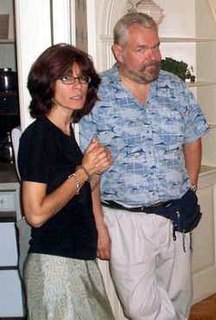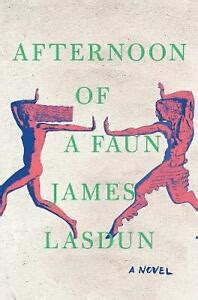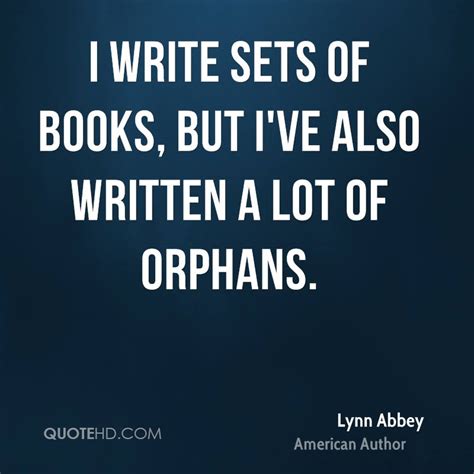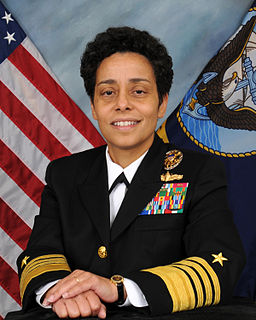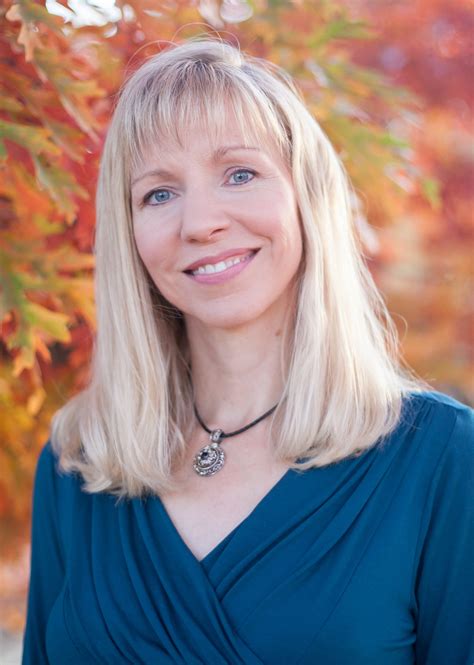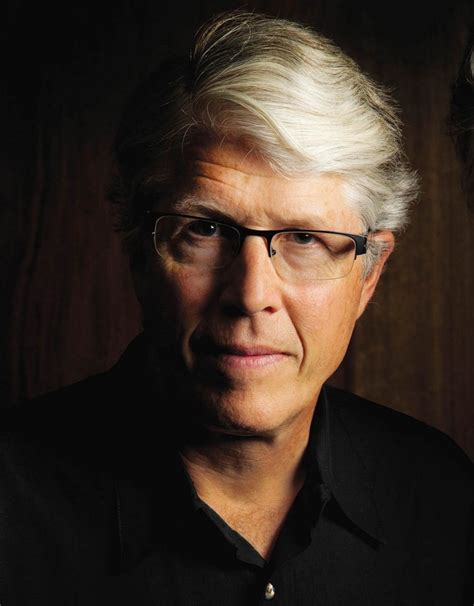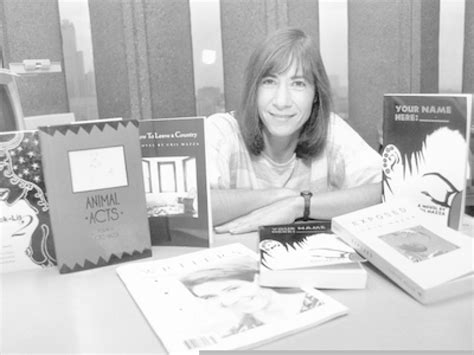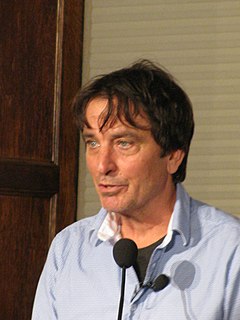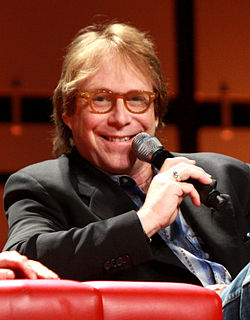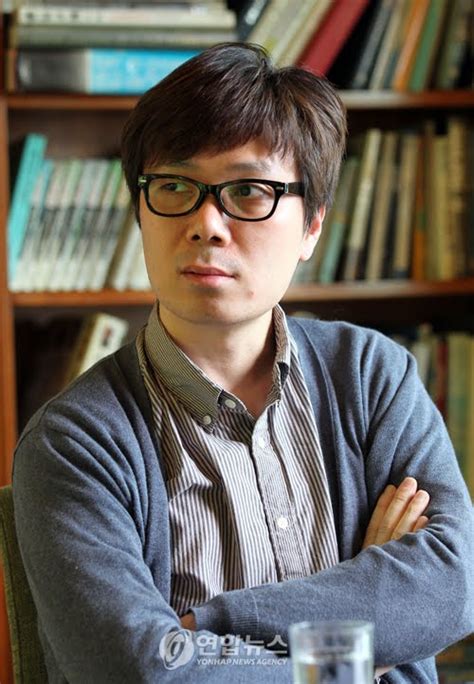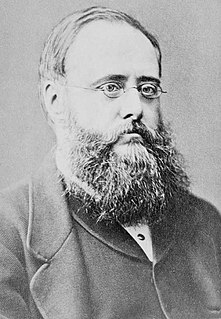Top 1200 Novel Writing Quotes & Sayings - Page 2
Explore popular Novel Writing quotes.
Last updated on December 19, 2024.
When I started writing short stories, I thought I was writing a novel. I had like 60 or 70 pages. And what I realized was that I don't write inner monologue. I don't want to talk about what somebody is thinking or feeling. I wanted to try to show it in an interesting way. And so what I realized was that I was really writing a screenplay.
I think everything you are, everything that engages you, eventually comes to bear on the novel you write. I think the creative energy in novel writing, obviously, comes from tension. From trying to fuse. From trying to make coherent disparate things that might not at all seem to belong together within a narrative.
In my own life I studied music, not creative writing; I see a novel as music - an opening as an overture, themes and subplots as lines in a fugue. The chance to write a novel about a musician boxed in by all kinds of limitations but who plays out his ultimate struggle for freedom at the piano was irresistible.
In the case of my second film The Fish Child (El Niño Pez), I had written the novel about 5 years before I made into a film. In the case of The German Doctor I had published the novel a year before I started writing the script, I even had another project to shoot. But I had this idea of the powerful cinematic language from the novel that I couldn't let go of.
I was a lot dumber when I was writing the novel. I felt like worse of a writer because I wrote many of the short stories in one sitting or over maybe three days, and they didn't change that much. There weren't many, many drafts. That made me feel semi-brilliant and part of a magical process. Writing the novel wasn't like that. I would come home every day from my office and say, "Well, I still really like the story, I just wish it was better written." At that point, I didn't realize I was writing a first draft. And the first draft was the hardest part.
I have a process that I seem to always, to some degree, as a writer, adhere to, but I certainly have never imposed the way I write a novel on my students. When I had students, I never said, "You should never start writing a novel until you have the last sentence." I never did that, and I wouldn't do it now, but people now seem so interested in the process [of writing fiction] that I have to constantly make it clear when I describe mine that I'm not being prescriptive. I'm not proselytizing.
A human being creates complexity by writing a novel on the surface of paper; a weather system creates complexity by writing waves on the surface of an ocean. What is the difference between the information carried in the words of a novel and the information carried on the waves of the sea? Listen, and the waves will speak, and someday, I tell you, you will write your thoughts on the surface of the sea.
The process for writing a picture book is completely different from the process of writing a chapter book or novel. For one thing, most of my picture books rhyme. Also, when I write a picture book I'm always thinking about the role the pictures will play in the telling of the story. It can take me several months to write a picture book, but it takes me several years to write a novel.
The field of the novel is very rich. If you're a composer, you're well aware of the history of composition, and you are trying to make your music part of that history. You're not ahistorical. In the same way, I think, if you write now, you are writing in the historical context of what the novel has been and what possibilities it has revealed.
Nothing is wrong with you. You're not different. Everybody feels as bad as you do: this is just what writing a novel feels like. To write a novel is to come in contact with raw, primal feelings, hopes and longings and psychic wounds, and try to make a big public word-sculpture out of them, and that is a crazy hard thing to do.

